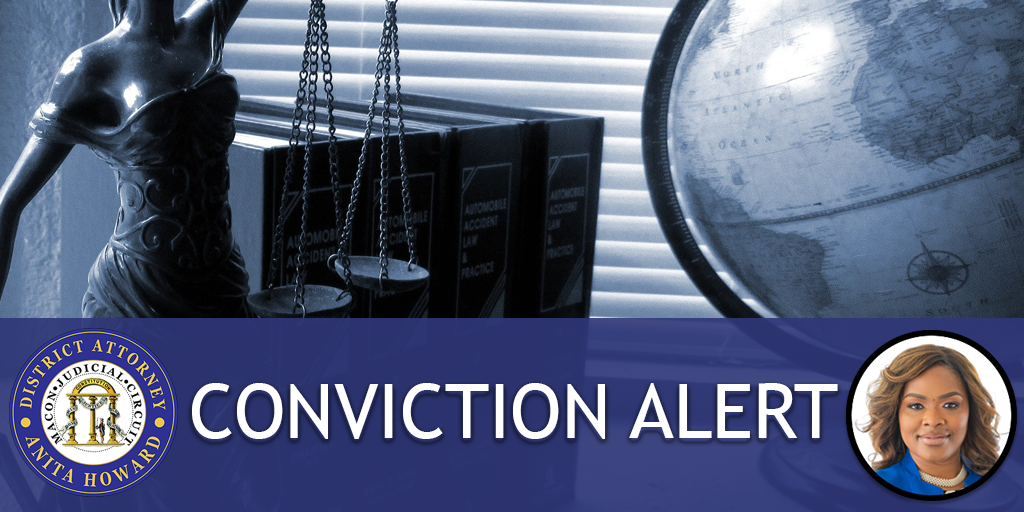You may have heard the word indictment in the news lately. But what is an indictment and why is it important?
An indictment is a formal legal accusation, typically a written document, issued by a grand jury, charging an individual with a crime. The Grand Jury process through which indictments are presented make sure that nobody gets in trouble without requisite probably cause. Before indictments, people could just say you did something bad, and a person could be punished without much or any proof, but the Grand Jury process and indictments are a check and balance within the criminal justice system. Indictments are a very important part of the judicial process, helping to preserve the rights of the defendant and ensuring there is sufficient evidence of wrongdoing to move forward with a charge or charges.
Where did indictments come from?
In history class, you may have heard of an important document called the Magna Carta. In 1215, the Magna Carta was created as an agreement between the King and local leaders to ensure the King could not sentence anyone to jail (or death!) just because he did not like them. Considered one of the first written documents providing equal human rights, the Magna Carta outlined indictments to ensure other people not associated with the accuser can check to make sure everything is fair.
What is a grand jury?
A grand jury is a group of regular people, like your neighbors, who specifically come together to determine whether there is enough evidence to charge someone with a crime. In the Macon Judicial Circuit, a grand
jury consists of 16-23 persons selected from a group of citizens within the county. Our grand jury members serve for 6-month terms, and they may review anywhere from 100-300 cases in that time! For each case, after hearing evidence, the grand jury votes on if there is probable cause to take the accused to trial. If the grand jury decides to approve the indictment, the words “true bill” will be endorsed on it. To true bill a case, a vote of least 12 sitting grand jurors is required. If there is not enough evidence to support the indictment, the indictment will be “no billed,” and the case will not move forward at that time. The grand jury can
also suggest that further investigation be done for no billed cases before they are to be reviewed again.
What type of cases does a grand jury review?
A little bit of everything! The District Attorney’s Office specifically prosecutes felonies. For example, the grand jury recently considered 78 cases including: aggravated assault, felony battery, armed robbery, kidnapping, aggravated stalking, felony terroristic threats, felony cruelty to children, burglary (1st/2nd), arson, fraud, felony fleeing/eluding police officer, unlawful acts in a penal institution, unlawful possession of firearm, violation of Georgia Controlled Substances Act, and officers violating their oath of office.




